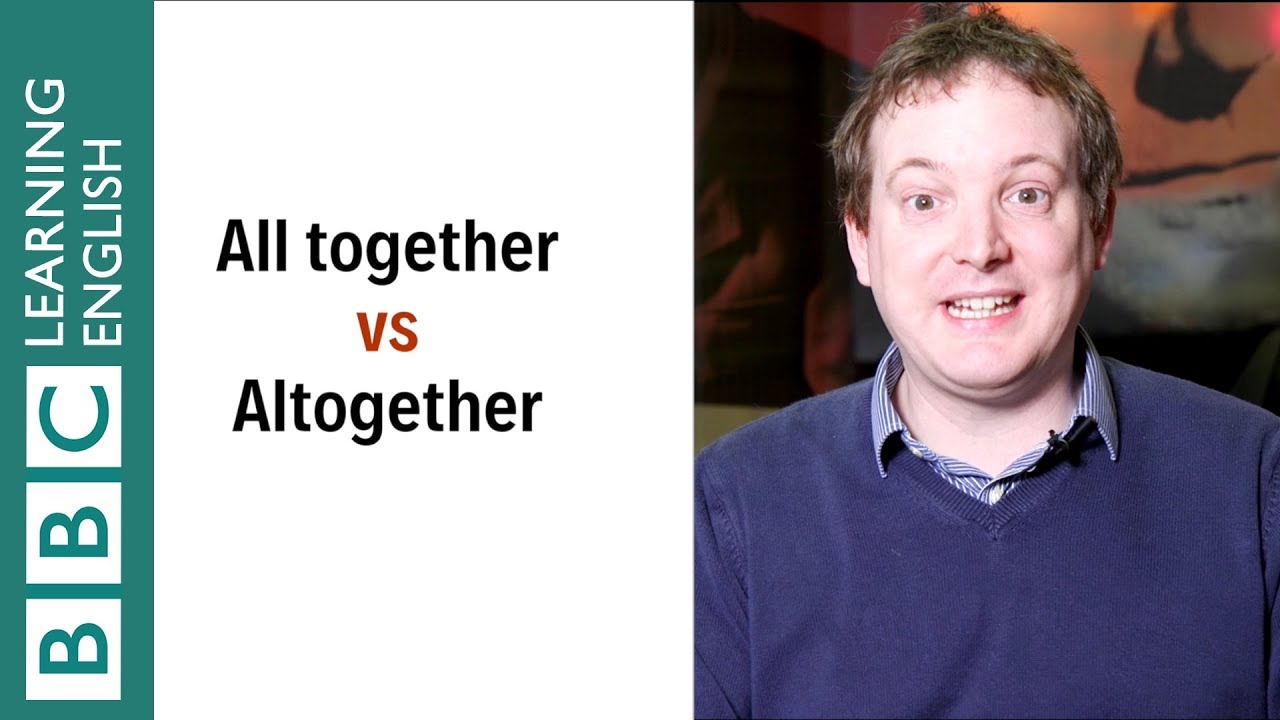

Do not waste too much time on video games.ġ2 Weather vs. The word waste means “a needless expense,” “unused material,” or “to use foolishly.” Waiting in line is a waste of time. The pants are too tight around the waist. Waste The word waist means “the midsection of the body.” The word quite means “completely, rather, or very.” He was quite sure he was at school yesterday.ġ1 Waist vs. Quite The word quiet means “silent” or “still.” The word personnel refers to “a group of people employed in the same work.” Management asked personnel to come to work 10 minutes earlier than last year.ġ0 Quiet vs. Personnel The word personal is an adjective meaning “individual” or “private.” The store manager gave us personal attention. MLK supported a principle of non-violence.ĩ Personal vs. The word principle means “a rule of conduct,” or “a fact of general truth.” Her principles are very high. The principal export of Brazil is coffee. The word principal means “the head of a school,” or “main or most important.” Mr. The word past means “time gone by,” “of a former time,” or “beyond.” He told stories about the past. Past The word passed means “went by, beyond, over, or through.” He passed the last car before reaching the checkered flag. The word dessert means “the final, sweet course of a meal.” The buffet’s food was great, except for the dessert, which was dry and bland.ħ Passed vs. Dessert The word desert means “a dry region” or “to leave or abandon.” He crossed the desert at night. Formerly The word formally means “in a proper or dignified manner,” or “according to strict rules.” Did you dress formally for the party or wear everyday clothing? The word formerly means “previously,” or “done in the past.” The lake was formerly a valley.Ħ Desert vs. The word already means “previously” We have already painted the sets.ĥ Formally vs.

Already The words all ready mean “all prepared” We were all ready to leave. He complimented her on her attire.Ĥ All ready vs. He gave her a compliment about how she was dressed. The word compliment is also a noun and a verb, but it indicates the offering of praise or flattery to another person. The sauce is a nice complement to the vegetables. In either case, it refers to something that completes or goes well with something else. The word complement is a noun and a verb. Altogether is an adverb that means “entirely.” Her reaction was altogether unexpected.Sources: The Online Etymology Dictionary.All together is an adverb meaning “in unison,” or an adjective meaning “ in the same place. Where can I find other posts about easy-to-confuse words? For example: ‘The class practises spelling all together and altogether it’s taken them just a few weeks to improve.’ Come up with a sentence that will help you work out what the meaning of each spelling.Remember you need to use the words ‘ all’ and ‘ together’ both ‘at the same’ time to spell all together.Think of altogether as one complete word (rather than two words like all together) to remind you it means ‘ completely’.The word has been used to mean ‘ a whole’ since the 1660s.Īre there any tricks to help remember the difference between these words? The training lasts five years altogether.Ĭlick here to find the Spellzone vocabulary lists related to the word altogether.Īll comes from the Old English ‘ eall’ which means ‘ all, every, entire’ (from the Proto Germanic ‘ alnaz’) and together comes from the Old English ‘ togædere’ which means ‘ so as to be present in one place, in a group, in an accumulated mass’ (from the Proto Germanic ‘ gaduri’ meaning ‘ in a body’ from the PIE ‘ ghedh’ meaning ‘ to unite, join, fit’).Īltogether comes from ‘ altogedere’ which is a stronger form of the word ‘ all’ that dates back to the early thirteenth century.After his injury, he stopped playing tennis altogether.Here is altogether used in some example sentences: The word is also used to mean ‘o n the whole’. We’ll perform the final number all together.Ĭlick here to create a Spellzone vocabulary lists featuring the word all together.Īltogether is an adverb that means ‘ completely’ or ‘ in total’.It was lovely to have the family all together again.Because they shared a car, they all arrived at the function together.Here is all together used in some example sentences:
Altogether vs all together full#
AltogetherĪll together means ‘a ll at the same time’ or ‘ all in the same place’.Ĭlick here for the full Spellzone dictionary definition of the word. Blog home Commonly Confused Words: All together vs.


 0 kommentar(er)
0 kommentar(er)
